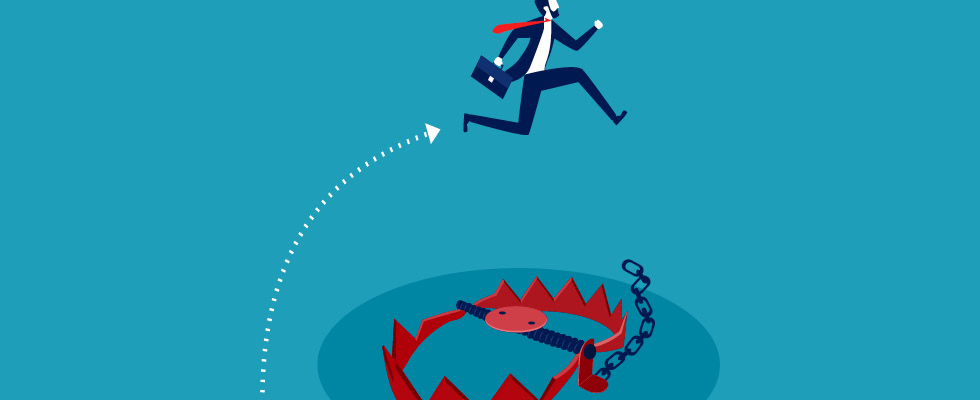
In today’s tenuous economic landscape, debt can be both a lever for growth and a chain that hinders it. For a propane business, finding the right balance is crucial. The stakes are especially high in the propane market, where competition is intense and margins are often razor thin. Accumulating too much debt can not only impair your financial stability but also put your entire operation at risk. There are several strategies you can employ to help your business stay solvent and avoid the “debt trap.”
Maintain a Healthy Cash Flow
For any propane business, cash is king. Ensuring that you have enough liquid resources to cover day-to-day expenses like salaries, fuel costs and equipment maintenance is essential. Start by regularly monitoring cash flow, using accounting software to track all expenses and incomes. Don’t rely on a “gut feeling,” but use data to understand your cash position.
Expedite customer payment by issuing invoices promptly, preferably using automated invoicing software at the time and place of delivery. If you are not doing so already, start accepting credit card payments. The processing fees can easily be made up by having cash on hand almost immediately. Follow up quickly on late payments and consider incentivizing customers with a discount for early payment.
Budget & Forecast
Being forward-thinking about your finances can significantly help you avoid unexpected shortfalls that require debt to solve. Before the financial year begins, prepare a detailed budget, outlining expected costs and revenues. Track your spending against this budget. Where possible, anticipate times when cash flow may be tight (for example, due to seasonal fluctuations or planned large expenditures) and plan accordingly.
Keep Your Overhead Low
Keeping operational costs low can give you more breathing room in your finances. In some cases, leasing equipment may be a better financial decision than purchasing it outright. While outsourcing some services like IT can be cost-effective, ensure you’re not compromising quality or long-term financial health for short-term gains.
Set Up an Emergency Fund
You probably have a “rainy day” fund at home, and creating a similar financial cushion for your business can prevent you from resorting to loans for unexpected expenses. Aim to cover at least one month’s worth of operational costs and gradually increase this fund. Keep this fund in an easily accessible but separate account to ensure it’s used only in emergencies.
Assess Financing Options Carefully
If borrowing is inevitable, the key is to do it wisely. Businesses in dire straits often resort to quick, high-interest loans. While these offer immediate relief, they frequently lead to unsustainable debt. Before borrowing, make sure you understand all aspects of the loan, including repayment terms and any clauses that might lead to increased interest rates.
Increase Margins
Increasing revenue can be a direct way to avoid debt. For propane companies, that can mean increasing margins or expanding services. Offering value-added services or packages can improve customer retention and increase revenue. Use the latest logistics software to plan more efficient delivery routes, reducing fuel costs and freeing up vehicles for more deliveries.
Negotiate With Vendors
You’re not the only one concerned about being paid; your vendors are, too. Try to extend payment deadlines with your vendors and negotiate better fuel purchase terms to improve your cash flow. If you have a service department, work to reduce the carrying costs of parts inventory by arranging just-in-time delivery from parts suppliers.
Debt Refinancing
If your business is already saddled with high-interest loans, you may be able to refinance on better terms. Work with your accountant and banker to discuss options like debt consolidation or refinancing to lower interest rates and monthly payments. Focus on paying off loans with the highest interest rates first, freeing up capital more quickly.
Diversify
Diversification can mitigate risks associated with the volatility of a single market. Beyond propane delivery, consider offering related services like plumbing, system maintenance or HVAC service. If your primary customers are residential, consider diversifying into commercial or industrial sectors.
Conduct Regular Financial Reviews
Finally, always keep an eye on your financial health. Meet on a quarterly basis with your accountant and management team to review budgets, forecasts and financial statements. It is also a good idea to have an annual external audit to ensure financial integrity and identify areas for improvement.
By implementing these steps, you can build a stable financial foundation, avoiding the pitfalls of crippling debt. Financial stability will not only keep your business running, but also position it for long-term sustainable growth.


